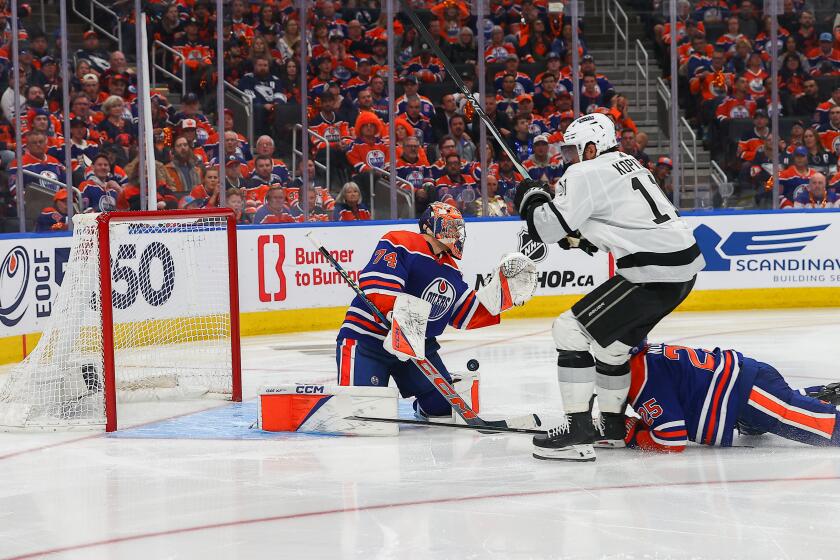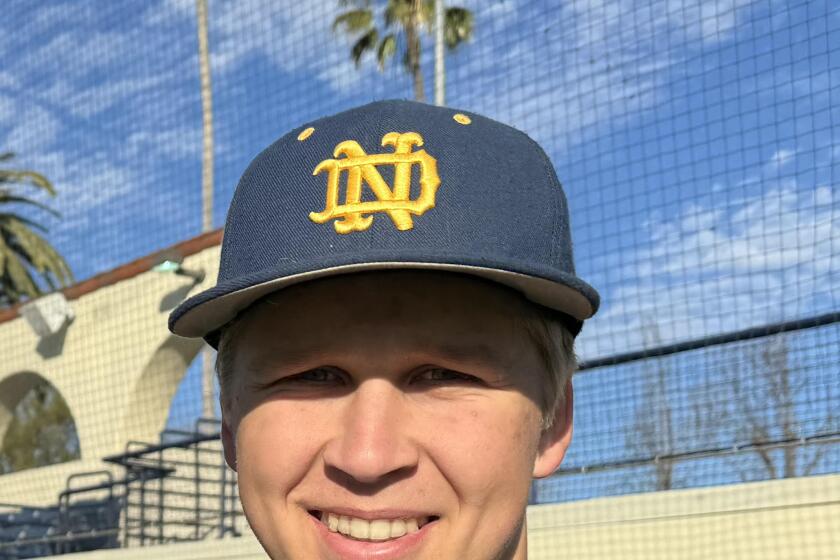Deflategate post-mortem: It’s the NFL players union’s fault for giving Roger Goodell so much power
You can believe that New England Patriots quarterback Tom Brady was absolutely innocent of willfully deflating footballs during a National Football League playoff game on Jan. 18, 2015. You can believe that NFL Commissioner Roger Goodell accepted grossly inflated, even totally unsupported, evidence against Brady in delivering a four-game suspension as a sentence.
You can believe that there's something appalling in a league arbitration process in which the sole arbitrator, Roger Goodell, is given the right to judge the actions of the commissioner, Roger Goodell. You can agree with federal trial Judge Richard Berman, who in September found Goodell's reasoning legally specious and "fundamentally unfair."
Our role is not to determine for ourselves whether Brady participated in a scheme to deflate footballs.
— Majority opinion in deflategate case
Tough. None of that matters even one tiny bit, according to a three-judge panel of the 2nd Circuit U.S. Court of Appeals. Goodell's decision stands, the court ruled Monday, 2-1.
Not because Brady was guilty, or Goodell was right, fair or even intelligent in handing down his sentence. The appeals court didn't care about any of that. "Our role is not to determine for ourselves whether Brady participated in a scheme to deflate footballs," the court ruled, "or whether the suspension imposed by the Commissioner should have been for three games or five games or none at all."
Their responsibility was to determine whether Goodell acted within the manifestly extreme powers afforded him by the labor contract negotiated between the NFL and its Players Assn. And since the collective bargaining agreement indeed allows Goodell to determine that any behavior, undefined, might be "conduct detrimental" to the game, to fashion his own discipline, and to act as the arbitrator even in disputes in which his own rulings are at issue, they concluded that his decision should stand.
If there's a flaw in this system, the judges ruled, then it lies in the NFL's collective bargaining agreement, which was reached fair and square in negotiations between the league and the players union. The parties "mutually decided ... that the Commissioner should investigate possible rule violations, should impose appropriate sanctions, and may preside at arbitrations challenging his discipline." The judges continued that although this arrangement "may appear somewhat unorthodox," it was agreed upon by the two sides. "Had the parties wished to restrict the Commissioner's authority, they could have fashioned a different agreement."
It's proper to note that the basic charge against Brady — that he connived in deflating footballs below their regulated pressure so he could grip them better — hasn't been proved to the extent that would be required in a court of law. Indeed, the very principle that the league employed in making its determination has been conclusively debunked by, among others, MIT Professor John Leonard. (See the video below.)
And thus we come to the two real pitfalls in the NFL's system of justice — or more properly, "justice."
First is the players union's cavalier approach to granting the commissioner authority. Plainly, a powerful commissioner with arbitrary power over player behavior is entirely in the interest of the league and its franchise owners, and against the interest of players who may fall under his thumb. We don't know if this issue even came between the negotiating sides in the latest CBA talks. But if it didn't, plainly the league felt more strongly about it than the players. The players see the consequences now, but they must have been crystal clear in the past: who in their right minds would grant a prosecutor the authority to be his own judge? The players could have insisted that appeals from commissioner rulings be placed before a neutral arbitration panel, or even taken to court. If they did so, they were refused and chose not to make the issue a deal breaker.
The second pitfall applies to all of us, from the most glittering multi-millionaire quarterback to the lowliest floor sweeper at a dusty factory. That's the incredible deference courts give to arbitration awards, even when they're manifestly abusive, swear at the law and are based on rules of evidence that wouldn't pass muster in a rural traffic court.
Federal and state judges desperate to ease their own loads by shedding lawsuits have openly encouraged the proliferation of forced arbitration and haven't cared very much that the process favors one side more than another. As the appellate judges in this case observed, federal judges' attitudes toward arbitration awards are supposed to be highly deferential — "indeed, among the most deferential in the law."
That might not have been so bad when the typical arbitration pitted two corporate behemoths against one another. But the system has been applied to a much wider range of disputes, often one in which one side is an experienced exploiter of arbitration, and the other is the little guy. Arbitration clauses are buried in the boilerplate you sign when you subscribe to a cable service, go to the doctor or take a new job. As I wrote in 2014, "arbitration typically favors the bigger party — they know their way around the process better, and they can take better advantage of what are often very loose standards of evidence and testimony in arbitration."
The occasion then was President Obama's issue of an executive order barring most federal contractors from requiring arbitration of complaints of workplace discrimination, sexual assault or sexual harassment, unless the parties agree after the disputes arise. Surprise arbitration clauses, in other words, are out.
Tom Brady isn't anyone's idea of a downtrodden rank-and-file worker, but that doesn't mean he was subjected to the drawbacks of arbitration, especially in how far it falls beneath obvious standards of fair justice. The players union, litigating on his behalf, objected that Goodell was obviously not an impartial judge of the deflategate case because he couldn't impartially judge his own conduct." The court found, however, that the league and the union knew that when they allowed him to be the arbitrator in such cases.
None of this sat well with Judge Robert A. Katzmann, the lone dissenter on the appeals panel. He objected that Goodell as arbitrator added a disciplinary charge to the case against Brady that Goodell as commissioner hadn't considered. That meant that he exceeded his authority as an arbitrator, which is grounds for overturning the award. Katzmann argued that Goodell was "doling out his own brand of industrial justice," a phrase invoked in precedent to toss an arbitration case. But he acknowledged that the arbitration clause in the CBA is a matter of contract.
Legal commentators are saying that Brady's chances of bringing an appeal before the full 2nd Circuit Court of Appeals or even the Supreme Court are slim; even if he does, the courts' vast deference to the principle of arbitration might weigh against him. It looks as if he'll be sitting out four games of the 2016 season.
Patriots fans will be disadvantaged, but not nearly as much as the rest of us. If Tom Brady can't beat an unfair arbitration even with lawyers from some of the most prestigious law firms in the country, what hope is there for the rest of us? And despite the money that Brady will lose during his suspension, most of the rest of us, relatively speaking, have much more to lose by this parallel system of fake justice. The NFL players union should be ashamed that it allowed that to happen.
Keep up to date with Michael Hiltzik. Follow @hiltzikm on Twitter, see his Facebook page, or email michael.hiltzik@latimes.com.
Get our high school sports newsletter
Prep Rally is devoted to the SoCal high school sports experience, bringing you scores, stories and a behind-the-scenes look at what makes prep sports so popular.
You may occasionally receive promotional content from the Los Angeles Times.




